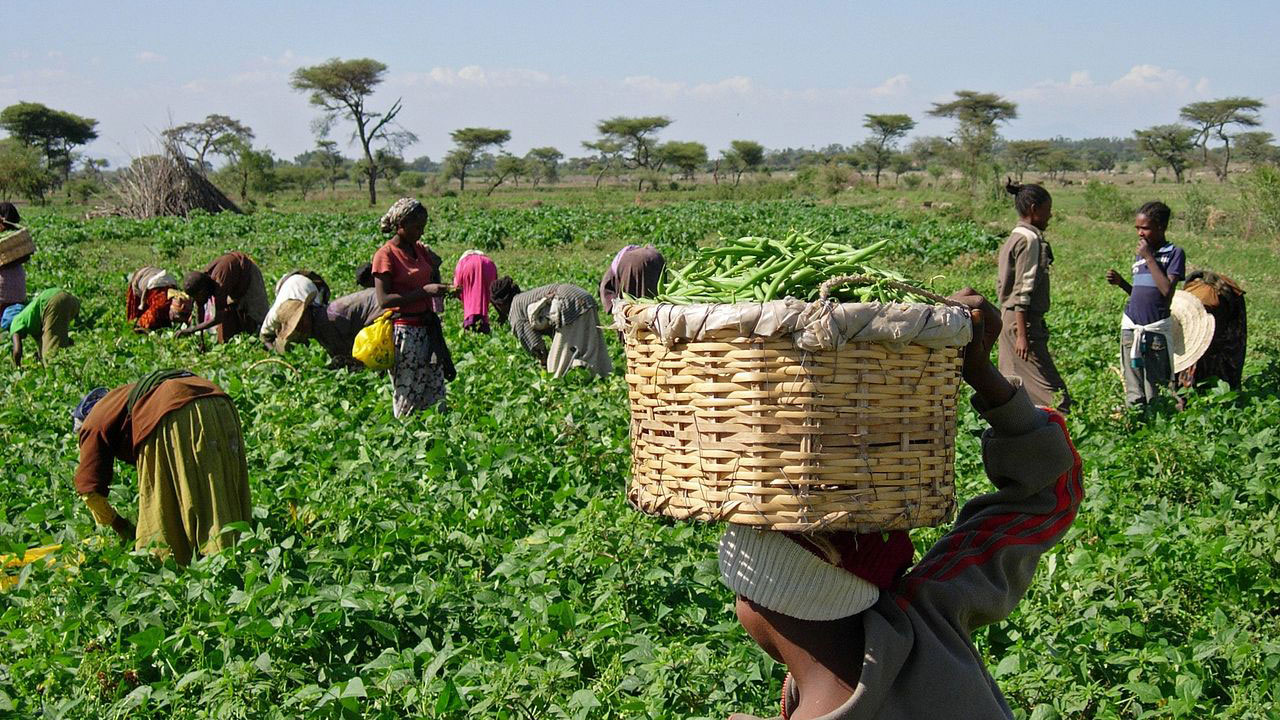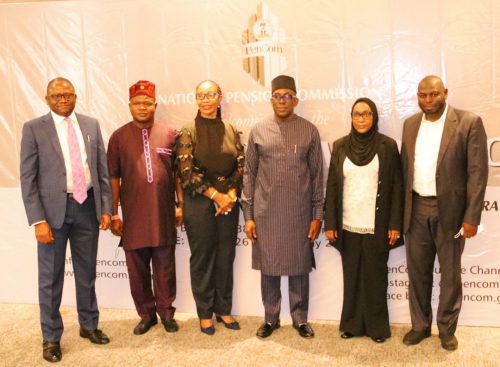
The Agro-Processing, Productivity Enhancement and Livelihood Improvement Support (APPEALS) have estimated that 60,000 individuals and 300,000 farm household members are to benefit from the project in six participating states across the federation.
The APPEALS Project Operations Manager, Dr. Salisu Garba, disclosed this on Monday, at a workshop organized by the project for journalists with the theme: “Development Communication: A case study of reporting the implementation process of the project in Nasarawa.”
He said the workshop was organised for journalists on development communication, saying about 10,000 beneficiaries were expected to benefit in each state.
Garba added that the project also had 196,045 indirect beneficiaries from a total of 87 Business Alliances and out-grower schemes established across the six participating states.
He listed the states and number of the beneficiaries to include: Cross River – 19, Enugu-5, Kaduna–16, Kano-25, Kogi-4, and Lagos -18.
Presenting an overview of the project, Garba said it had empowered 8,078 youth and women with business, technical and life skills training, support to business planning, facilitation of business name registration with the Corporate Affairs Commission (CAC).
In addition, it also provided start-up grants for the establishment of commercially viable businesses and mentorship of the beneficiaries with continued support from established agribusiness entrepreneurs.
READ ALSO: AfDB grants nearly US$1 million to strengthen regional financial market
He said five percent of the total number of Women and Youth Empowerment Programme (WYEP) beneficiaries of 10,000, representing at least five percent of the World Bank’s funding, had been set aside for People With Disabilities and Special Needs (PWDSN) currently being trained and empowered.
“The WYEP beneficiaries are open to choose any other value chains, but within the selected priority value chains of the project.
“This flexibility has enabled the youths to select commodities of high sustainability with quick returns on investment and high potential for foreign exchange generation and wealth creation”, Garba said.
He stressed that a lot of achievements had been recorded in the three states of Kano, Kaduna and Cross River, where a total of no fewer than 5,052 farmers had been linked to market outlets.
“The project outcome indicator for productivity increase was 35 percent for each value chain and as at the mid-term review in February 2021, all the value chains have surpassed the 35 percent targeted yield increases from the baseline figures, across all the value chains.”
According to him, there was a 48.9 percent increase in average yields, representing about 14 percent above the target set at the onset of the project.
He further said that the project had provided 25 agribusiness clusters out of the 50 targeted by the project, with supporting infrastructure such as borehole, box-culvert and tube wells.
In his address, the National Project Coordinator, Alhaji Mohammed Jobdi, said the training was meant to improve the reportorial skills of the participants and to promote best practices, especially on development issues relating to agriculture in Nigeria.
He said the workshop was crucial to ensuring the smooth and successful implementation of the APPEALS project, through raising stakeholder awareness of the project’s impact and progress made in strengthening Nigeria’s food security.
The Director of Information and Protocol, FMARD, Mr Theodore Ogaziechi, commended the organiser of the training and promised to always support whenever the need arose.
The News Agency of Nigeria (NAN) reports that 30 journalists are currently undergoing the two-day training on Development Communication, a case study of reporting implementation process of the APPEALS project.
The APPEALS project is a six-year project developed by the Federal Ministry of Agriculture and Rural Development (FMARD) in collaboration with the World Bank and other stakeholders.

